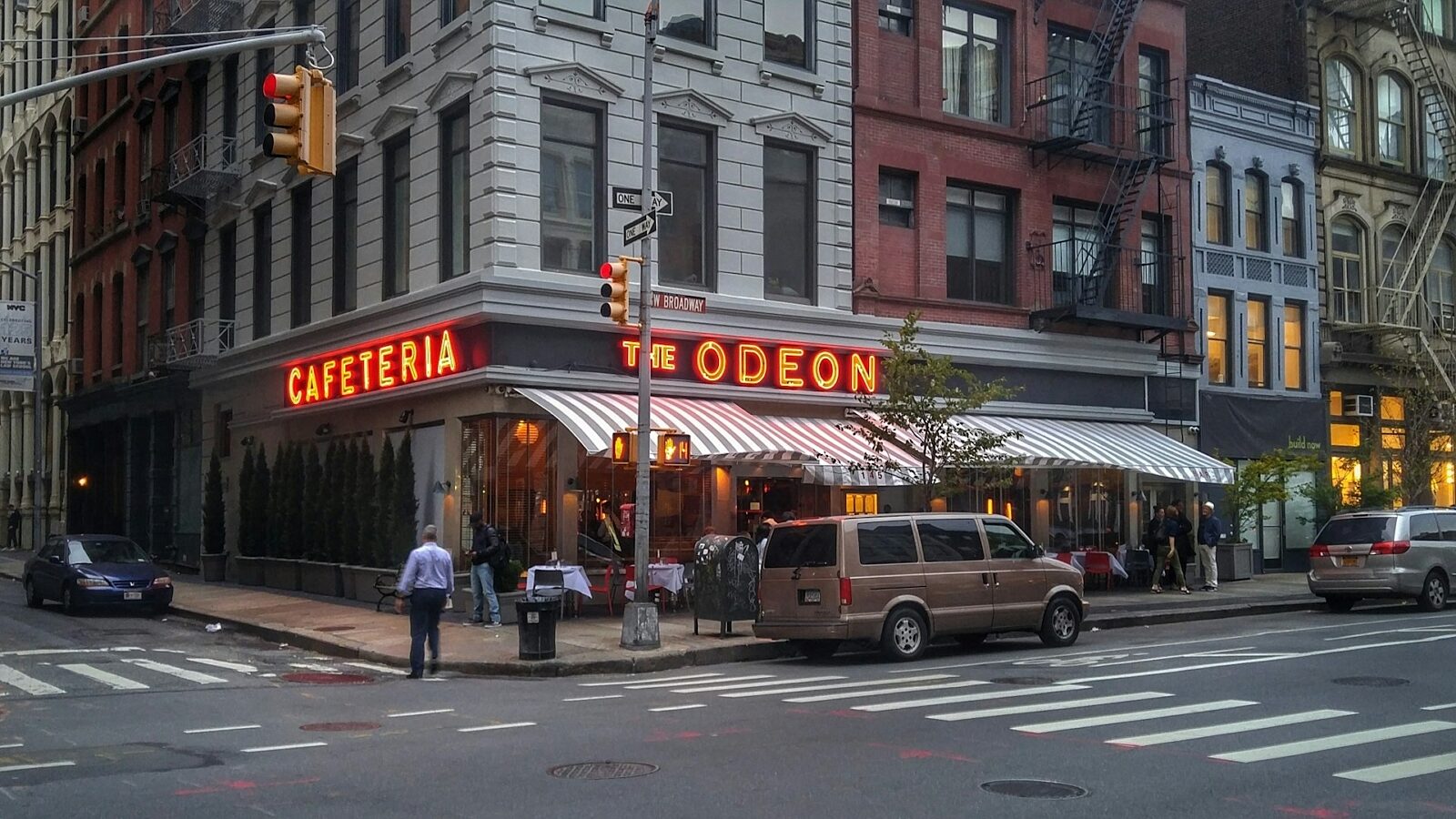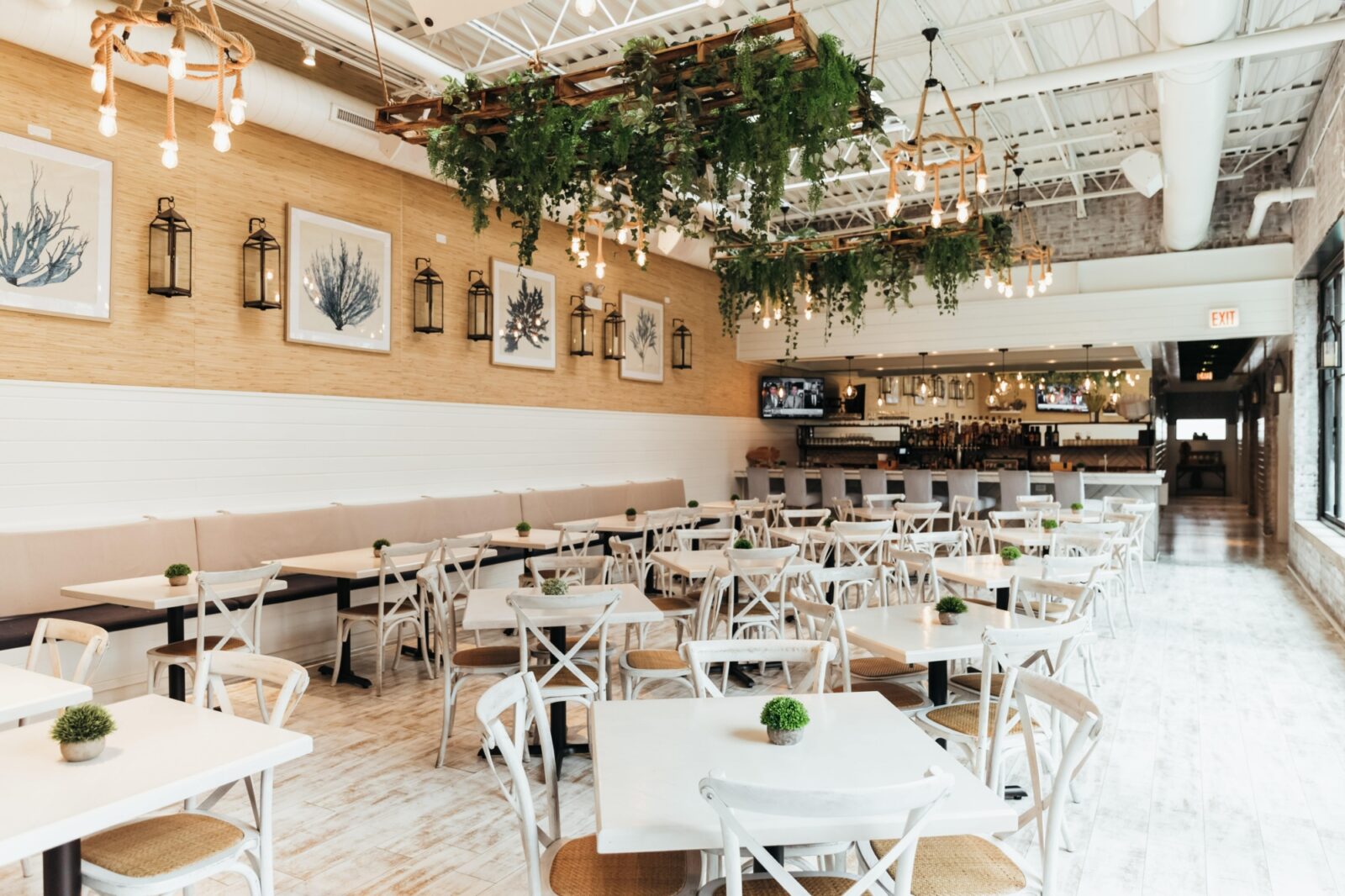
What is a hospitality group?
Learn how groups are formed, managed, and expanded through resource sharing and combined purchasing power.
Marcel DeerAuthor


Brewery Business Plan Template
Use this free template to easily create a great business plan that organizes your vision and helps you start, grow, or raise funding for your brewery.
Just what is “hospitality”? This far-reaching term combines many different businesses into one industry, including restaurants, bars and lounges, hotels and resorts, event and entertainment companies, and even tour and transportation companies. The thing that they have in common is providing services that provide customers with enjoyable experiences. That’s why your tax accountant isn’t in the hospitality industry, but your waiter is. Hospitality is big business, with the entire industry in the US valued at $4699.5 billion in 2023.
A hospitality group, then, is a collection of hospitality businesses under the same ownership and management umbrella. These businesses don’t need to share the same brand, style, and services as a chain does. In fact, they may or may not be in the same sector. But what unites them is the parent company which can build a reputation by providing a recognizable level of service across all of their brands.
Hospitality groups can own businesses in the same or different sectors of the hospitality industry, and this can allow them to be more efficient and profitable. So, let’s take a look into the way hospitality groups work and how to manage and grow a successful one.
In this article, you’ll learn about the:
types of hospitality groups,
importance and relevance in the industry, and
success stories from some of the world’s top-performing hospitality groups.
Restaurant Operations Manual Template
Use this free template to easily outline all of your operating procedures and make day-to-day operations as consistent as possible.

Benefits of Hospitality Groups
When we compare them to chains, we might wonder why hospitality groups even exist. Chain hotels or restaurants keep style, management, ambiance, products, and services identical across all their locations. But hospitality groups don’t – instead, they hold different brands, and this can actually be an advantage.
Bringing different businesses under the same umbrella can allow those individual businesses to keep their unique flavor, which may be what their customers really appreciate. Think about the charm of a locally operated pub compared with the cookie-cutter atmosphere of a chain establishment.
Another benefit is allowing collaboration and resource-sharing, especially when they have excellent management staff who can apply their know-how to several businesses at once. Combining businesses can also allow them to be run more efficiently – by taking advantage of economies of scale, they can negotiate better deals with suppliers and cut expenses.
Finally, the brand of the hospitality group itself can become a recognizable mark of excellence. They can build a market presence that draws in loyal customers to their various businesses.
Types of Hospitality Groups
Since the hospitality industry is so broad, hospitality groups can be found in different sectors or even across sectors. These are some of the most commonly found types out there.
Restaurant groups
A restaurant group owns multiple restaurants and could also include cafés, bars, lounges, and other beverage-focused businesses. The central ownership and management of these businesses means that a consistent level of service or a similar theme can be created across different brands. For example, a restaurant group may own a fast-food-style sushi brand, a family-style Japanese restaurant brand, and a high-class Japanese fusion brand. Another strategy is to own a collection of family restaurants at the same price point but across multiple cuisines to focus on one target cohort of customers.
Hotel and resort groups
Hotel and resort groups may own lodging businesses in many different locations and with different brands that are matched to those locations. However, the same management company operates them all and can ensure a consistent level of quality and service.
Event and entertainment groups
An event and entertainment group might operate businesses that cross entertainment boundaries. They might promote concerts, own karaoke establishments, and run movie theaters all under the same umbrella.
Mixed-sector groups
There’s also no reason why a hospitality group couldn’t cross sectors. A mixed group might operate hotels, restaurants, and tours in exotic locations to create a very vertically integrated organization.
Managing and Growing a Hospitality Group
Perhaps you’re considering starting a hospitality group of your own or growing an existing one. If so, these different aspects of managing and growing a hospitality group will surely be of interest.
Operations and logistics
Operations include everything to do with how service businesses are run, from staffing to bookkeeping and service models, as well as the logistics of how supplies are sourced and delivered. Hospitality groups can centralize the ordering and supply of materials for greater efficiency. They can unify accounting procedures and even train staff together to produce a high standard of service while cutting costs.
Marketing and branding strategies
With a hospitality group managing the marketing and branding of several businesses, it’s possible to leverage the expertise of a professional team to find solutions for several brands. Marketing a new restaurant or hotel can be challenging for a small business, but a hospitality group can often afford to keep an in-house team for marketing. This team can oversee the creation and implementation of marketing plans using traditional marketing tools and pushing the brands’ all-important social media presence.
SOPs Template
This template will help you create SOPs for your entire business, so you can create consistency and easily train employees.

Expansion and scalability
The purpose of a hospitality group really is growth and expansion to create increased purchasing power for the group of businesses and cut costs through unified, efficient management. A hospitality group will decide to expand and either start or purchase another business when its income is high. But it will certainly perform analysis first to decide what size of business to take on, what the risks are, and how long it will take to see returns on the investment.
Success Stories: Insights from Established Hospitality Groups
Tao Group Hospitality
Tao Group grew from a merger with Hakkasan Group and now operates over 80 day clubs and lounges, nightclubs, and fine dining restaurants on four continents from New York to Dubai. This company focuses on luxury experiences with an Asian flavor. They provide extravagant experiences and combine sumptuous food with highly stylized venues to make them really stand out no matter which market they operate in.
Yum! Brands Inc.
While you might not know this name, you’ll certainly recognize the global brands behind it. Yum owns Taco Bell, KFC, Pizza Hut, and the Habit Burger Grill for a total of over 55,000 locations worldwide. This group officially began in 1997 when PepsiCo divested itself of its major restaurant brands. While Yum is a hospitality group managing several massive brands, but actually only operates 900 corporate locations. The rest are franchises, so they’ve combined being a multi-brand group with restaurant chains that maintain a strict identity that makes them instantly recognizable the world over.
Marriott International
Based in Washington D.C. but recognized around the world, this hotel group operates 31 brands, including Sheraton, Delta, St. Regis, and The Ritz-Carlton, in addition to its namesake chain. It even operates cruise ships. This adds up to over 25,000 properties across 140 countries. The group has always focused on elite service and extensive infrastructure. Marriott calls itself a “people first” company and focuses its attention on providing an exquisite experience for the client. But its leadership also claims that its success comes from hiring the right people and staying in tune with its workers on the floor.
Hospitality Groups the World Over
Hospitality groups can be small and focused, with a collection of restaurants in one city. But they can also be immense international conglomerates operating distinct luxury hotel brands. Groups that gain traction by leveraging combined purchasing power and sharing of resources find themselves able to expand and grow into new markets. While most start small, some can grow to be huge global successes. However, all groups have the opportunity to focus on cost savings and resource sharing to create the best in hospitality for their clientele.
Is this article helpful?
DISCLAIMER: This information is provided for general informational purposes only, and publication does not constitute an endorsement. Toast does not warrant the accuracy or completeness of any information, text, graphics, links, or other items contained within this content. Toast does not guarantee you will achieve any specific results if you follow any advice herein. It may be advisable for you to consult with a professional such as a lawyer, accountant, or business advisor for advice specific to your situation.
Read More
Subscribe to On the Line
Sign up to get industry intel, advice, tools, and honest takes from real people tackling their restaurants’ greatest challenges.


